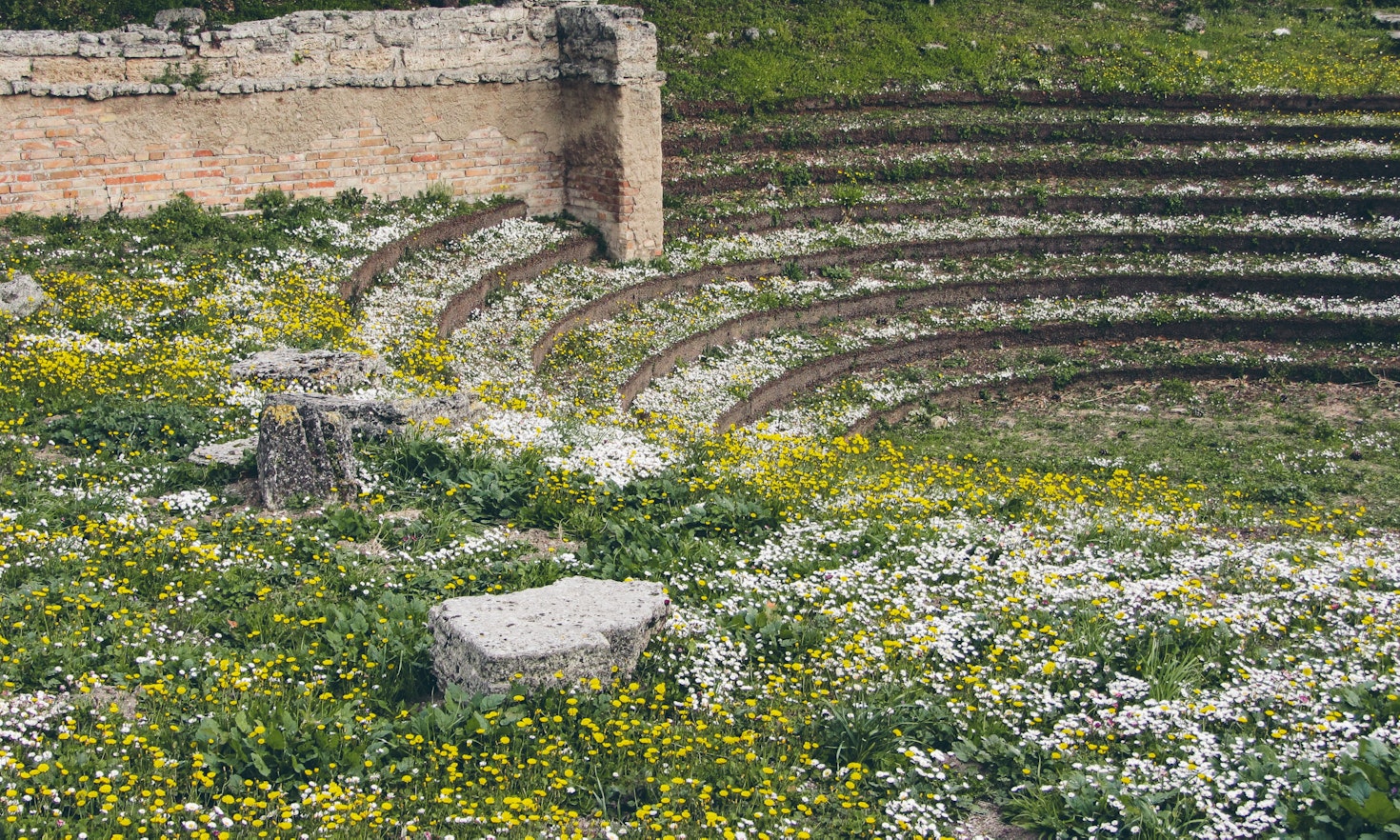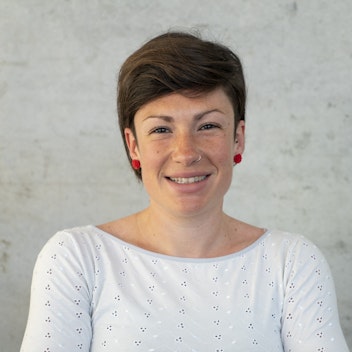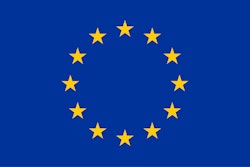
Environmental Conflicts – policies without means? Studying a local environmental conflict near Nantes, France
 Verena Richardier
Verena Richardier
“Citizens' Juries (CJs)” introduce a fresh and innovative approach to decision-making. This concept, falling under the broader umbrella of Democratic Innovations, brings together a diverse group of ordinary citizens to deliberate on complex issues, providing a unique opportunity for their voices to not only be heard but also considered in the policymaking process.1 CJs, as a form of deliberative democracy, involve the selection of a random or stratified sample of citizens coming together to engage in discussions about a specific issue. The aim is to tap into the collective wisdom and insights of everyday people to formulate informed recommendations or decisions. With typically 12 to 24 individuals, these juries are designed to facilitate manageable and constructive discussions.
A distinctive feature of CJs is the random selection of participants from electoral rolls, ensuring diversity across various demographics such as age, gender, and education. This diversity plays a crucial role in eliminating biases that can often be present in more traditional decision-making processes. Participants are equipped with comprehensive and balanced information about the issue at hand, often through expert presentations, written materials, and interactive sessions. This knowledge empowers jurors to make informed decisions, ensuring that their recommendations are well-founded and considerate.
Central to the CJ process is deliberation. Participants engage in open, respectful, and structured discussions, sharing their perspectives, asking questions, debating, and considering various viewpoints. This democratic dialogue allows for a rich exchange of ideas and ensures that the decision-making process is inclusive and representative of diverse opinions. After a period of deliberation, CJs collectively formulate recommendations or decisions on the issue at hand. These outcomes are then presented to policymakers, government officials, or the public, depending on the scope and purpose of the jury.
CJs bring forth numerous advantages. They provide ordinary citizens with a meaningful role in shaping policies and decisions, effectively reducing the influence of special interest groups and offering a more balanced perspective. Participants in CJs have access to expert information, empowering them to make well-informed recommendations. The process is often open to the public, ensuring transparency in decision-making. Representing a microcosm of the population, decisions made by CJs are often seen as more legitimate due to their inclusive nature.
The power of CJs lies in their ability to engage everyday citizens in the democratic process, fostering a sense of empowerment and ownership of decisions that directly impact their lives. In an era where trust in political institutions can be fragile, CJs illustrate that democracy can be more than merely casting a vote every few years. They demonstrate that, with the right tools and processes, the collective intelligence of communities can be harnessed to make better decisions for the benefit of all. This is proven by the fact that CJs have been successfully employed worldwide to address a wide spectrum of policy issues, ranging from healthcare to environmental concerns.2
This innovative approach to decision-making is not confined to national borders and policymaking. The European Union often calls for the application of participatory and deliberative democracy methods in its projects. The LEGITIMULT project, funded under the Horizon Europe program, aims to investigate legitimate crisis management modalities. After an initial period of scientific research, LEGITIMULT plans to establish four CJs (in 2025) in four different EU countries —Italy, Belgium, Slovenia, and a Scandinavian country to include these in the development of policy recommendations to be shared with governmental institutions at all levels. The objective is to engage citizens in discussions about the research outcomes of the project, leveraging the CJs model to develop recommendations that are integrated with a civic point of view, gathered through this deliberative methodology in a bottom-up manner. This initiative represents a significant step toward bringing research and ordinary citizens closer and making these innovative democratic practices increasingly familiar to European citizens.3
LEGITIMULT is not the only project to experiment with CJs. In the context of Horizon Europe, the REGROUP project also incorporates in its research CJs to examine citizen attitudes towards scientific information and knowledge circulation. REGROUP has plans for five national and one transnational CJ, creating a platform where citizens actively engage in framing discussions about the implications of new communication technologies. In 2023, the REGROUP project organized five national CJs across Europe, hosted by the Jacques Delors Institute in Paris, France; University of Groningen in Utrecht, the Netherlands; Europa-Kolleg Hamburg in Hamburg, Germany; European University Institute in Florence, Italy; and Jagiellonian University in Krakow, Poland. In these instances, CJs are instrumental in fostering a deeper understanding of citizen perspectives and experiences, thereby contributing to a more inclusive and informed policy-making process.4
In essence, the CJ model transforms the democratic process into a participatory and accountable courtroom, where everyday citizens act as both jurors and judges. By incorporating elements reminiscent of legal proceedings, such as expert witnesses, cross-examinations, and a final judgment, CJs elevate the democratic experience, fostering a sense of civic duty and ensuring that the collective intelligence of the community is an integral part of decision-making. This innovative approach, rooted in transparency and accountability, represents a promising evolution in the quest for more inclusive and effective democratic processes.

This content is licensed under a Creative Commons Attribution 4.0 International license except for third-party materials or where otherwise noted.


This blog post is part of the LEGITIMULT project. The project has received funding from the European Union's Horizon 2021 research and innovation programme under Grant Agreement No. 101061550.

 Verena Richardier
Verena Richardier
 Nayet Kademián
Nayet Kademián
 Amanda Gutzke
Amanda Gutzke